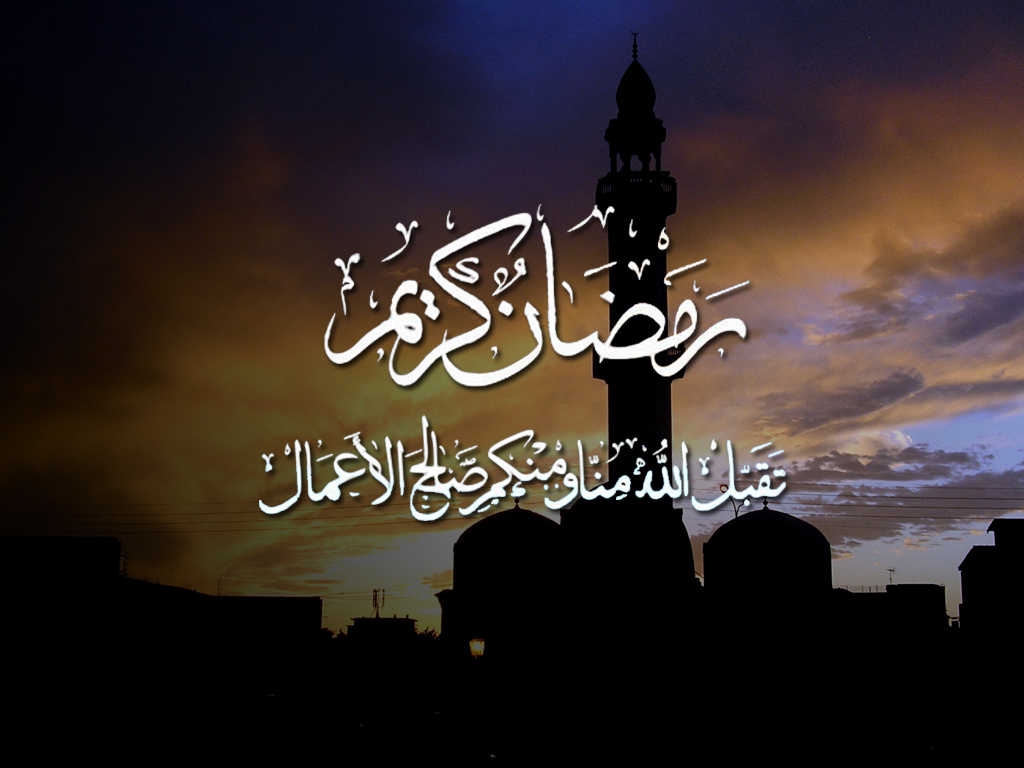By Izzud deen RedzuanÂ
Ramadhan, which began this morning for Muslims, is the holiest month on the Islamic calendar. It is the month that the believers await with eagerness. At the beginning of Rajab, two full months before Ramadan, the Prophet Muhammad ï·º used to supplicate this, œO Allah! Bless us during Rajab and Shaban, and let us reach Ramadhan (in good health).
The Significance of Ramadhan
Ramadhan is the ninth month in the Islamic calendar and all Muslims all over the world are called for daytime fasting for 29 days, or a month. As Allah says in the Quran:
œO you who believe! Fasting is prescribed for you, even as it was prescribed for those before you, that you may attain God-consciousness.(Al-Baqarah: 183)
“In the month of Ramadhan, the Quran, a book of guidance with proofs of guidance distinguishing right from wrong, was revealed. Therefore, whoever of you is present in that month let him fast. But who is ill or on a journey shall fast a similar number of days later on. Allah desires your well-being, not your discomfort. He desires you to fast the whole month so that you may magnify Him and render thanks to Him for giving you His guidance.” (Al-Baqarah: 185)
Accordingly, the month of Ramadhan is called the month of the Quran. Therefore, Muslims have tradition of reciting Quran frequently in this month and also encouraged to increase in their worship in general.
It is in accordance with the practice of Prophet Muhammad ï·º and the charity is encouraged in this month among the community and it is a time for many Muslims to fulfil the requirement of Zakat.
The Sawm or Fasting
Fasting is one of the pillars, or obligations of Islam, in which, faithful Muslims are expected to neither eat nor drink from dawn till sunset during Ramadhan with exceptions made for the very young and old, the sick, pregnant women and those with physical problems.
Moreover, it is also urged Muslims to abstain from marital relations between spouse during the daybreak. By any means, every Muslims must adhere to the moral code of Islam strictly, a failure may can violated the requirements of fasting.
Indeed, the Ramadhan is the most awaited month for believers because it can bring families and friends back together for evening dinners. In the meantime, its offered an opportunity for Muslims to renew their commitment and re-establishing the relationship with the Creator “ they are seeking for Allahs mercy, forgiveness, and protection from Hellfire.
œAnyone who fasts during this month with purity of belief and with expectation of a good reward (from his Creator), will have his previous sins forgiven, said Prophet Muhammad ï·º. Along with this great reward, there is the risk of a terrible loss. If we let any other month pass by carelessly, we just lost a month. If we do the same during Ramadan, we have lost everything.
Taraweeh
Taraweeh is the nightly congregational prayer, which performed after the Isha prayer. Its prayed in pairs of two and can be prayed in at least 20 rakaat according to two schools, Hanafis and Shafie, of Sunni Islam.
Traditionally, a Hafiz of the Quran, a person who has memorized the whole Holy Quran will lead the Taraweeh prayer. He will recites the Quran in small portions, in proper sequence, every night and ensure to complete the recitation of the whole Quran before the end of the month of Ramadan. Therefore, every Muslim who attends such prayers regularly gets the opportunity of listening to the whole Quran in a month.
Laylatul Qadr: The Night of Power
The term Al- Qadr has been frequently translated as “the power.” A better translation may be “the value” or “the decree” because Allah says the value of this night is better than one thousand months, a lifetime of over eighty-three years. Allah sends His decrees at this night.
This means that, a man or woman, who prays for the whole night during this Night, will deserve blessings and reward for the period as if he or she had been praying for eighty three years and four months consecutively. In addition, it is the night when the Quran was revealed. As Allah says in the Quran:
œWe have indeed revealed this (message) in the Night of Power: And what will explain to you what the Night of Power is? The Night of Power is better than a thousand months. Therein come down the Angels and the Spirit (Jibraeel) by Allahs permission, on every errand: Peace! This until the rise of Morn! (Al-Qadr: 1-5)
Eid al-Fitr
The end of the fasting month is celebrated on the first of Shawwal, the tenth month. On the day of Eid, people take a bath or shower in the early morning, eat breakfast, wear their best clothes, apply perfume and proceed to the mosque while pronouncing takbir, saying, “Allah is the Greatest, there is no deity but Allah and all praise belongs to Allah.”
Muslims pronounce takbir together in the mosque while waiting for the Imam and the rest of Makmum. The Imam rises at the appointed time, leads the prayers and delivers a khutbah, sermon. At the end of the sermon, people will greet, embrace and congratulate each other for the successful completion of Ramadan and ask Allah for the acceptance of their efforts in His obedience.
During the day, people visit each other and children may receive gifts from the elders. Essentially, Eid is a day of thanks to Allah, and also a gathering of family and friends.
May Allah Taala enable us to make this Ramadan a month where we will truly attain Taqwa. Ameen.
Picture of Blissful Blog
